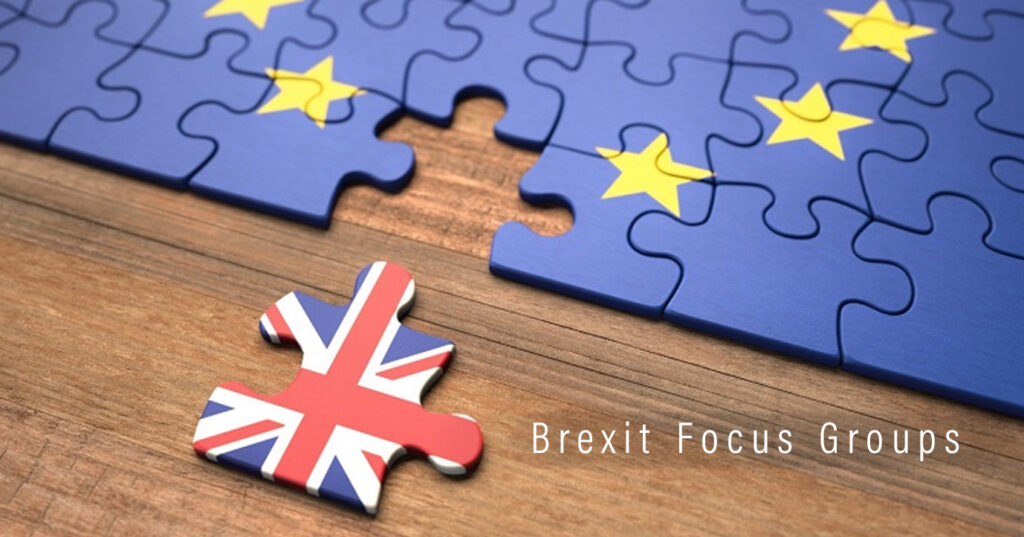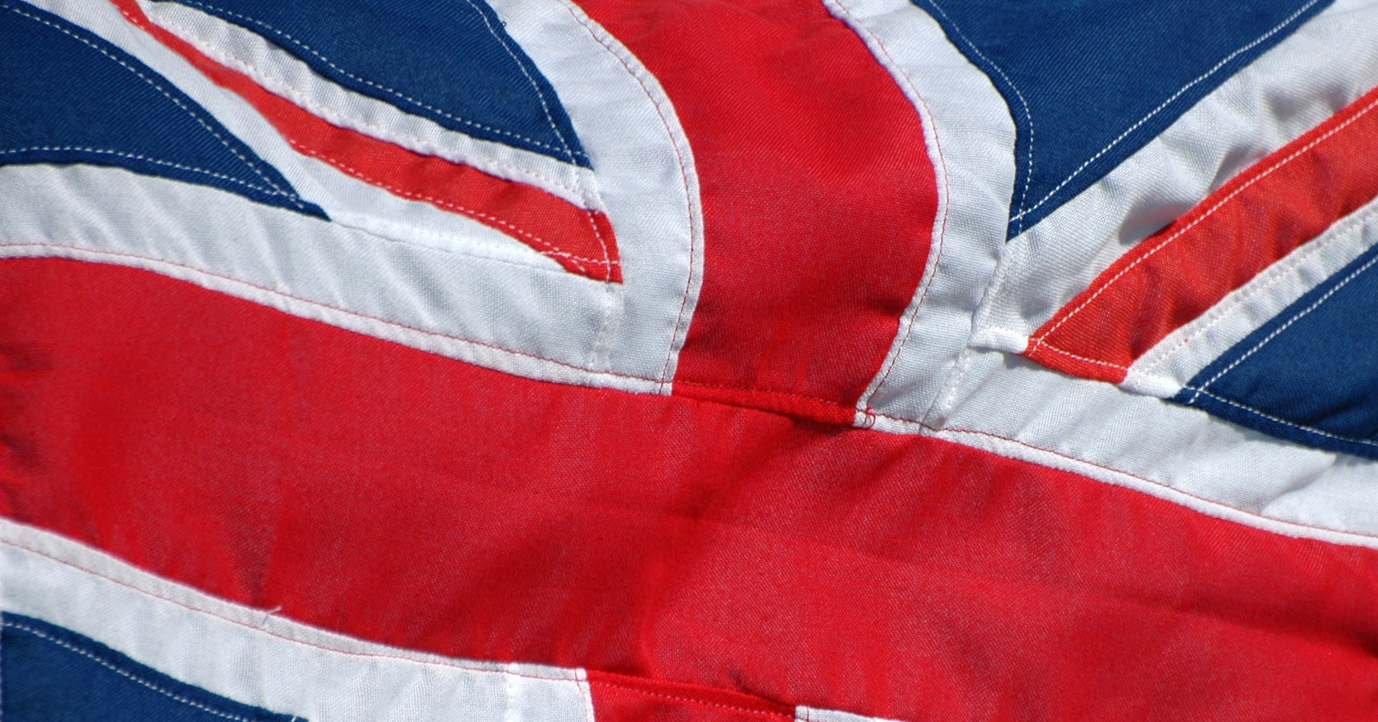
Our latest view of how the prospect of Brexit looks elsewhere in Europe comes from the North and East: Sweden, which is struggling to maintain its social model in the face of unprecedented migration (as well as being, according to my recent survey, the most popular country in the EU); and Latvia, a former Soviet republic now two years into membership of the euro.
If I want to go, I can go
Latvia joined the European Union in 2004 and, according to my EU28 polling, is moderately content with its membership, though less enthusiastic than its Baltic neighbours. Perhaps not surprisingly given its history, in my survey Latvians named free movement and the ability to live and work abroad as the best things about the EU. For our Riga groups, this had been among the most powerful reasons to vote to join: “I was thinking about my children, that they could study abroad and work where they want to, earn some knowledge and come back;” “It gives us a sense of freedom, that we have this chance. I don’t want to live anywhere else, but I need to have the feeling that if I want to, I can go.”
The other main hope on joining – higher living standards – had proved more elusive: “We always hoped that salaries would be like European salaries, but we never get there. Our expenses are, but not our incomes” – a complaint familiar from our groups in Bulgaria and Poland. Some put this down to Latvia’s two year-old membership of the euro, which they complained had caused prices to rise “drastically”. Most thought the decision had been right (“I once tried to change some lats in the Czech Republic, and they said ‘what’s that?’”), but some were not convinced: “We loved the lat. It was hard to depart from. If Britain joins the euro I’ll be in favour of it. Until then…”
“If Britain joins the euro I’ll be in favour of it. Until then…”
Some worried that Latvian industry had suffered in the single market: “It has destroyed a lot of manufacturing, agriculture. You can’t buy Latvian sugar any more. We were needed by Europe as a place to sell their goods.”
Our Eastern neighbour
Despite these complaints, as well as the usual objections to troublesome rules and regulations issuing from Brussels, some in our Riga groups saw EU membership was worthwhile if only as protection against what they darkly referred to as “our Eastern neighbour”. Does EU membership have anything to do with Latvia’s relations with Russia? “Can you ask a more stupid question?” We do our best. Could you expand? “Latvia is so small, it has to be part of some union. We have to be part of something bigger because we couldn’t exist on our own… We would be between two millstones, Russia and the EU”. The decision, then, was not hard: “We went in so we wouldn’t be outside. Otherwise Russia would take over.” Though they felt safer as part of a union with Western Europe, Russia’s presence felt menacing to some: “Russia does what it wants. They attack individual countries. You can never tell what our Eastern neighbour will do.”
“You can never tell what our Eastern neighbour will do.”
The EU’s sanctions, imposed on Russia in response to its actions in Ukraine, were “like a mosquito bite to an elephant” but had caused problems for some participants: “I used to work in logistics but lost my job because there was less cargo, because of the sanctions.”
No solidarity
Sweden is a well-established but, according to my survey, lukewarm member of the EU – our Swedish respondents were the second least enthusiastic about their membership after the Czechs, giving a less positive score even than those in the UK. Last year Sweden took more asylum seekers than any other country in Europe, and this fact had changed the way some in our Stockholm groups saw the institution. The Swedish government had been well-intentioned but ill-prepared: “There was no thinking of the consequences;” “I am for helping people as much as possible but I don’t think we have been wise;” the numbers entering the country had made it impossible to “guarantee them a decent reception.” They regretted that “it’s the only thing people talk about. It is becoming us against them.”
“If they’re part of the EU they should help. If they’re not helping, why are they part of the EU?”
But for some, the real mistake “was expecting the EU to be there to help. The numbers that should have been divided between twenty-eight countries went to three countries, Germany, Sweden and Denmark. There is supposed to be solidarity in the EU but there is no solidarity;” “There should be a quota so no country can avoid taking them in. If they’re part of the EU they should help. If they’re not helping, why are they part of the EU?” Some thought the future of free movement was at stake: “Schengen will die. People are building walls, countries don’t follow the rules.”
They were particularly indignant at countries whose own troubled histories ought, they felt, to make them empathise with migrants fleeing conflict: “Many Hungarians came to Sweden in 1956, fled for their lives. But they don’t understand refugees today, can’t relate to them, even though only fifty years ago they were in the same situation.”
“In Greece they change their prime minister every year and don’t care about the rules at all.”
This resentment at being the one of the few countries that seemed to take its responsibilities seriously (which had echoes of the feeling in Amsterdam) went beyond the refugee question: “We follow the rules. In Southern Europe they don’t give a shit. In Italy there is a lot of corruption, and in Greece they change their prime minister every year and don’t care about the rules at all, but then they have a problem and want help;” “The best thing would be to kick out France, but that’s probably not possible.”
It was not even as though some of the rules were up to scratch: “We can’t keep our high food standards because we have to follow lower EU standards. They give the animals antibiotics and all sorts and we have to import it.”
The lack of any apparent communal spirit made some doubt the EU could act on even the most serious matters: “If the Russians invaded Finland, do you think they’d do anything?”
In and out
The Riga groups were wary of migrants, though Latvia is expecting comparatively small numbers from the Middle East: “We don’t know anything about the migrants, their culture, so we’re afraid of them. We don’t know how aggressive they are, what to expect from them;” “They have been promised mountains of gold in Europe. It’s difficult to integrate and they don’t want to.” Though some might speak English, refugees would not know Latvian, which would make it hard for them to jobs, though in any case “they probably won’t want to work. In Arab countries they sit in cafés and drink tea all day.” Few would want to settle in Latvia: “They will see the reality, then they will run from here.”
“They will see the reality, then they will run from here.”
If Latvians see free movement as the biggest benefit of EU membership, it has its downside. In my EU28 survey nearly half of Latvian respondents said an important disadvantage of membership was “too many people going to live and work abroad” – indeed it is estimated that one in thirty Latvians is currently in the UK. From a national point of view, this was bad: “The labour force is leaving, taxpayers are leaving… It’s useless to educate people up to the age of twenty five, then let them go abroad;” “The number of successful people staying in Latvia is very small, not enough for the number of retirees.” Not that they blamed anyone for making that choice – “People will move wherever they’re going to be paid better” – and in theory it would pay off later: “They can get some capital, get some knowledge, come back to Latvia and open a business.” And, “if they stayed they’d be unemployed, so it would cost more in social security.”
Nobel (and Ikea)
As mentioned above, my poll had found that people throughout the Europe felt more positive towards Sweden than any other country. How did the Swedes account for their popularity? “People think Sweden is the promised land. Parental leave, dads staying at home with the kids – people know about all this.”
“People think Sweden is the promised land.”
“It’s because we’re not that controversial. We’re pretty timid when we go out into the world;” “It’s because of the welfare system, and individuals like Olof Palme, and Nobel;” “Well yes, and Abba. And Ikea.”
Though Sweden remained an excellent place to live, some felt the idealised view of the relaxed, egalitarian Swedish society was sadly outdated: “Two thirds are OK, one third are not doing that well;” “The population is increasing all the time. The big cities lose sensitivity, you’re a cog in a machine. Thirty years ago everybody knew each other.”
Range Rovers. Snooker. More housewives
According to my EU28 poll, Latvians are the most likely to think British people are “status-conscious”, and Swedes the most likely to think us “polite”. How similar did the groups think Britain was to their own country?
For the Stockholm participants, “we’re cousins.” Britain is the home of “democracy, Magna Carta,” though famously conservative and “they have more housewives than we do.” The Riga groups thought the two countries “culturally quite different. We’re historically slaves, they have more pride in themselves,” but the British were nevertheless “quite friendly. Especially considering my English”. Also “there is more order there. In Latvia we have three political parties for every two people.” What else do you associate with Britain? “Range Rovers”. “Snooker! An excellent sport.” But bafflingly, “they don’t like pickled cabbages.”
“British tourists who come to Latvia have a strange hobby of peeing on the Freedom Monument. But where can you find a toilet at 5am in Riga?”
Any bad things? “My son says the girls don’t look after themselves;” “A Latvian will do two people’s jobs, but the Brits will be very slow and drink their tea;” “They drive on the wrong side. Even the trains are on the wrong side;” “It’s cold and windy”. Pot, kettle. Anything else? “They are quite cultural there. But when they come here, they are not so cultural any more.” How do you mean? “British tourists who come to Latvia have a strange hobby of peeing on the Freedom Monument. But where can you find a toilet at 5am in Riga?”
If Britain were an animal, what would it be? “A carthorse.” “A fox, a smart animal that knows tricks.” “A skunk, because of its attitude towards Europe.” “A terrier.” “A beaver. I don’t know why.”
Premier
In both cities, people understood why Britain seemed a reluctant EU member and had been trying to win a better deal. “It’s probably to do with the immigration. They are so open to different nationalities, and it has become too much for them;” “Their premier [Premier Cameron!] wanted to protect their social system so it wouldn’t collapse. People go there just to get social security.”
Still, the concessions to the UK made some uneasy. Britain already had a budget rebate and “I have the feeling that they are negotiating something at my expense.” Giving a better deal to one member might also set a dangerous precedent: “The UK is fighting for its citizen and rights. If every country was doing that it wouldn’t be possible to negotiate anything!”
“The UK is fighting for its citizen and rights. If every country was doing that it wouldn’t be possible to negotiate anything!”
But would you rather Britain stayed? “Yes, they are one of the biggest supporters of Sweden on economic issues, and one of our biggest export countries;” “The EU would be weaker as a global player. And the UK is one of the countries that gives the money;” “If the UK leaves the EU, it would be the beginning of the end.”
So if Britain votes to go, should the other members try to persuade it to change its mind? “The negotiation is finished. Don’t come later and renegotiate:” “If they leave, they leave.” “They’re never going to leave!” We will see.”


